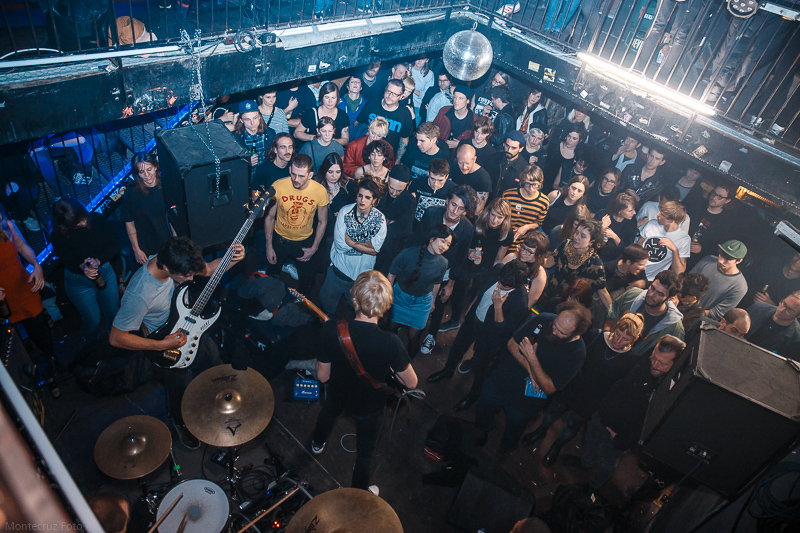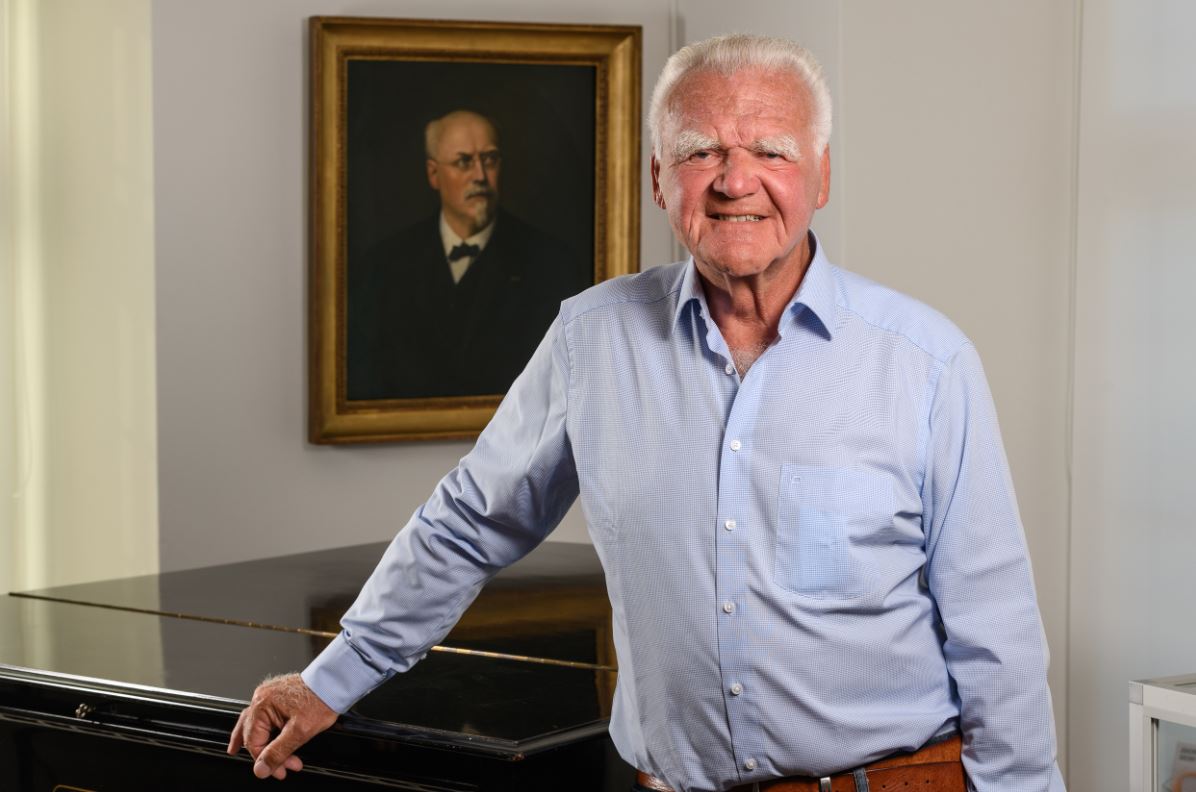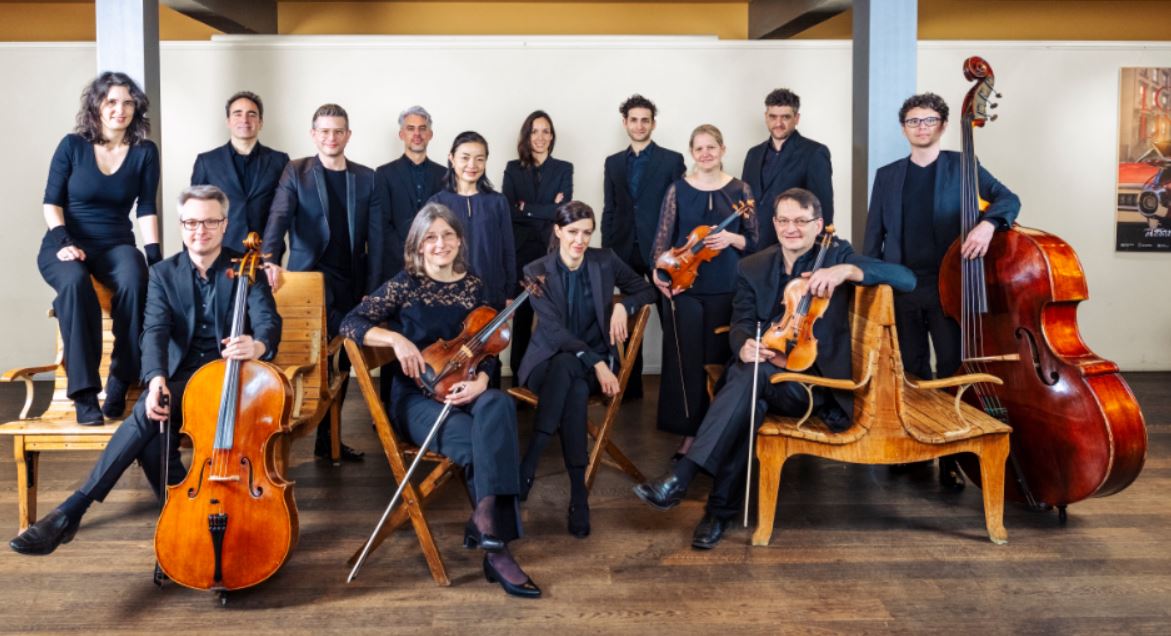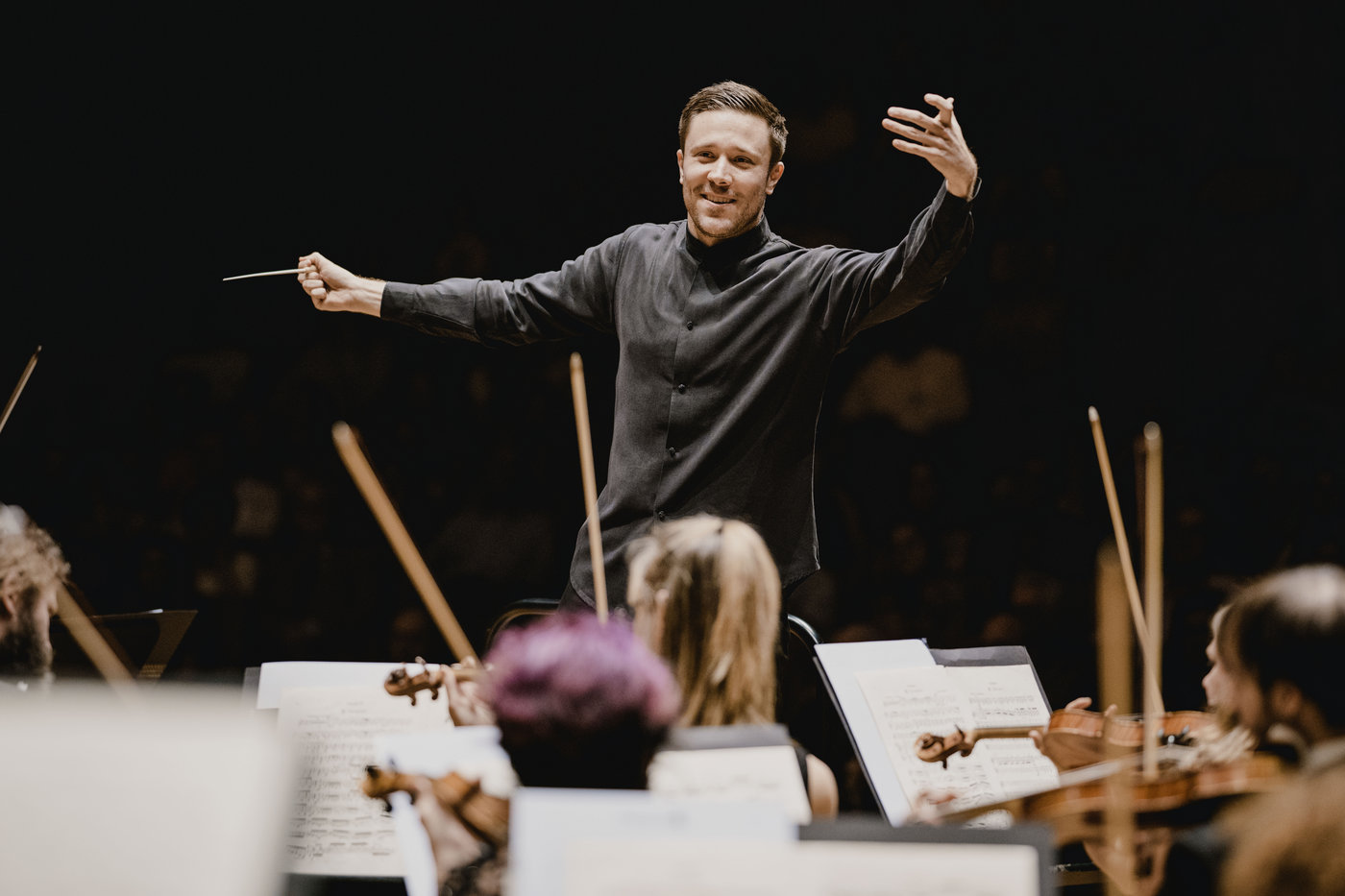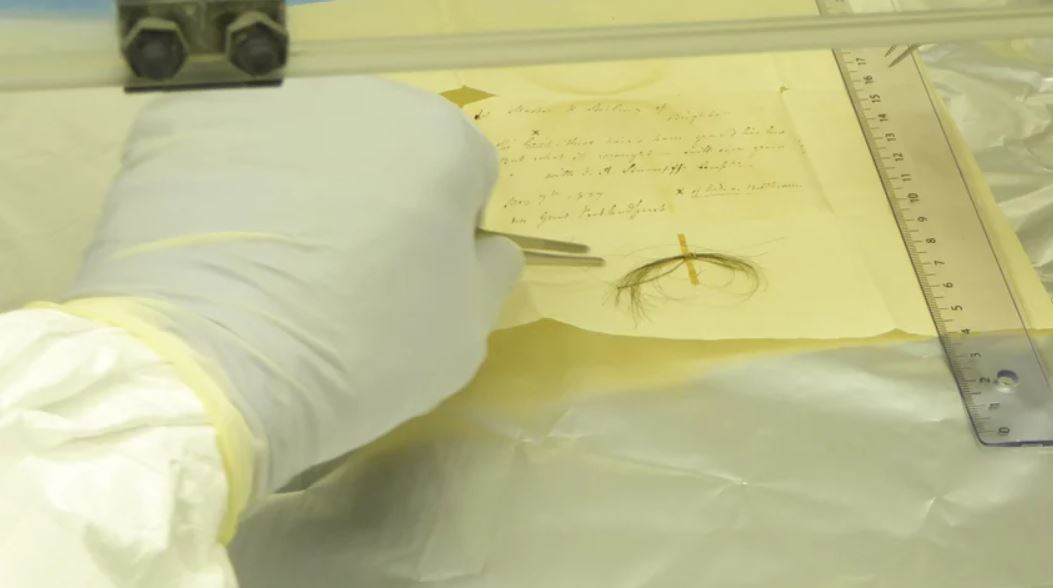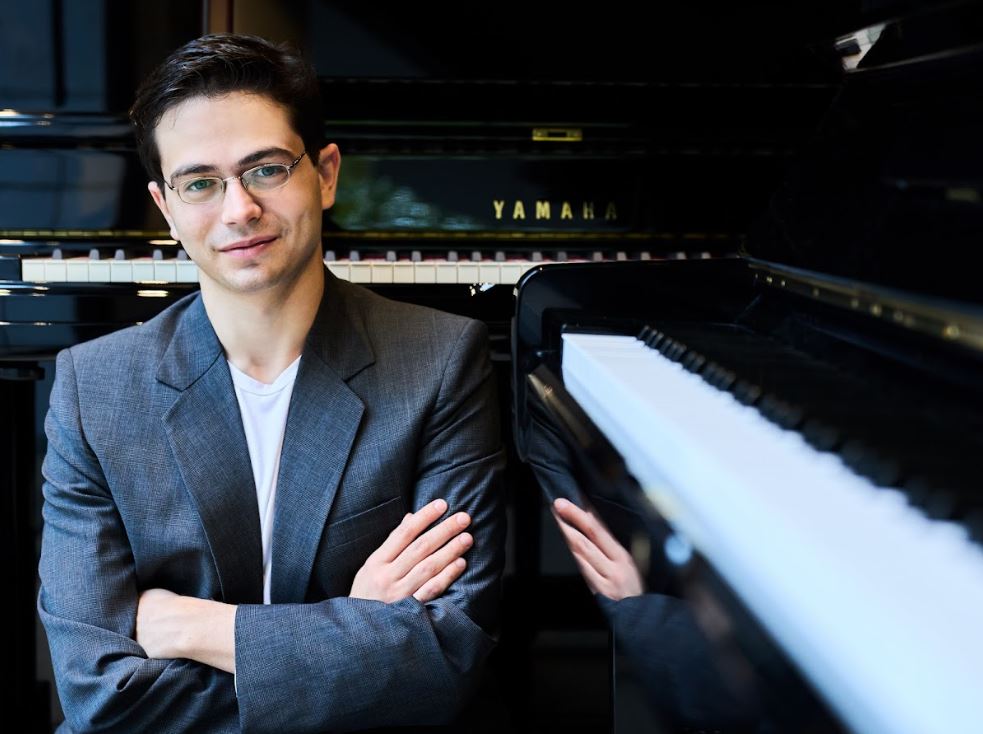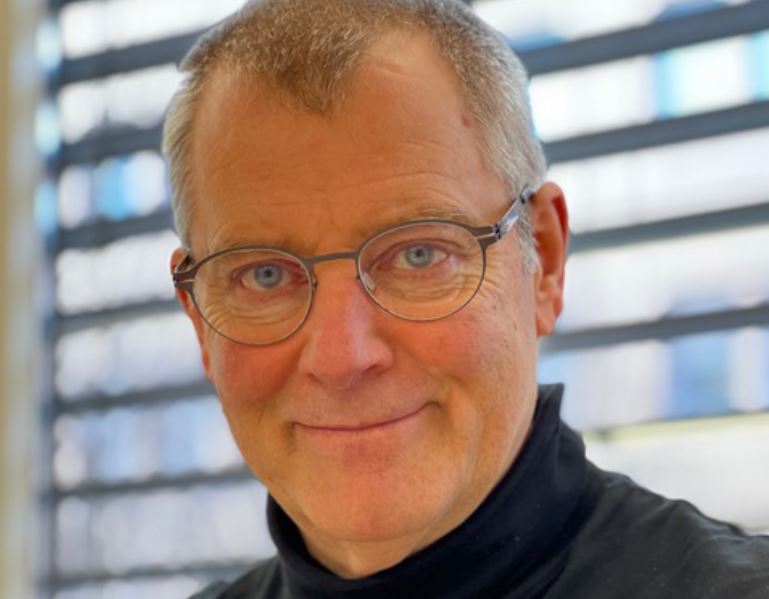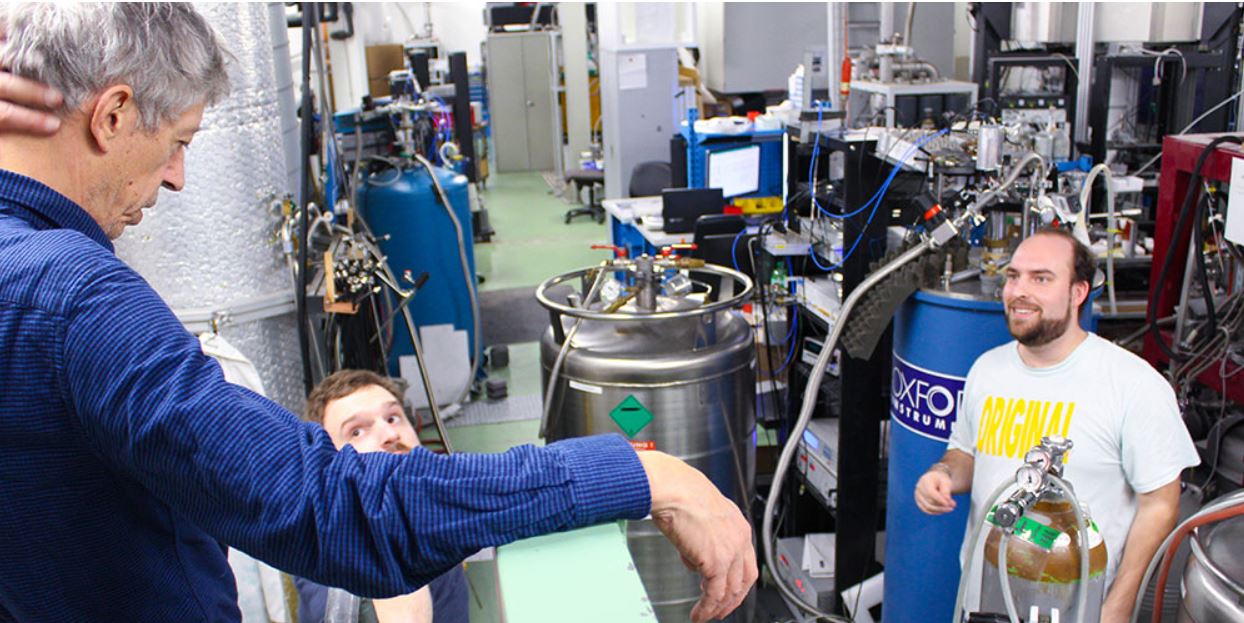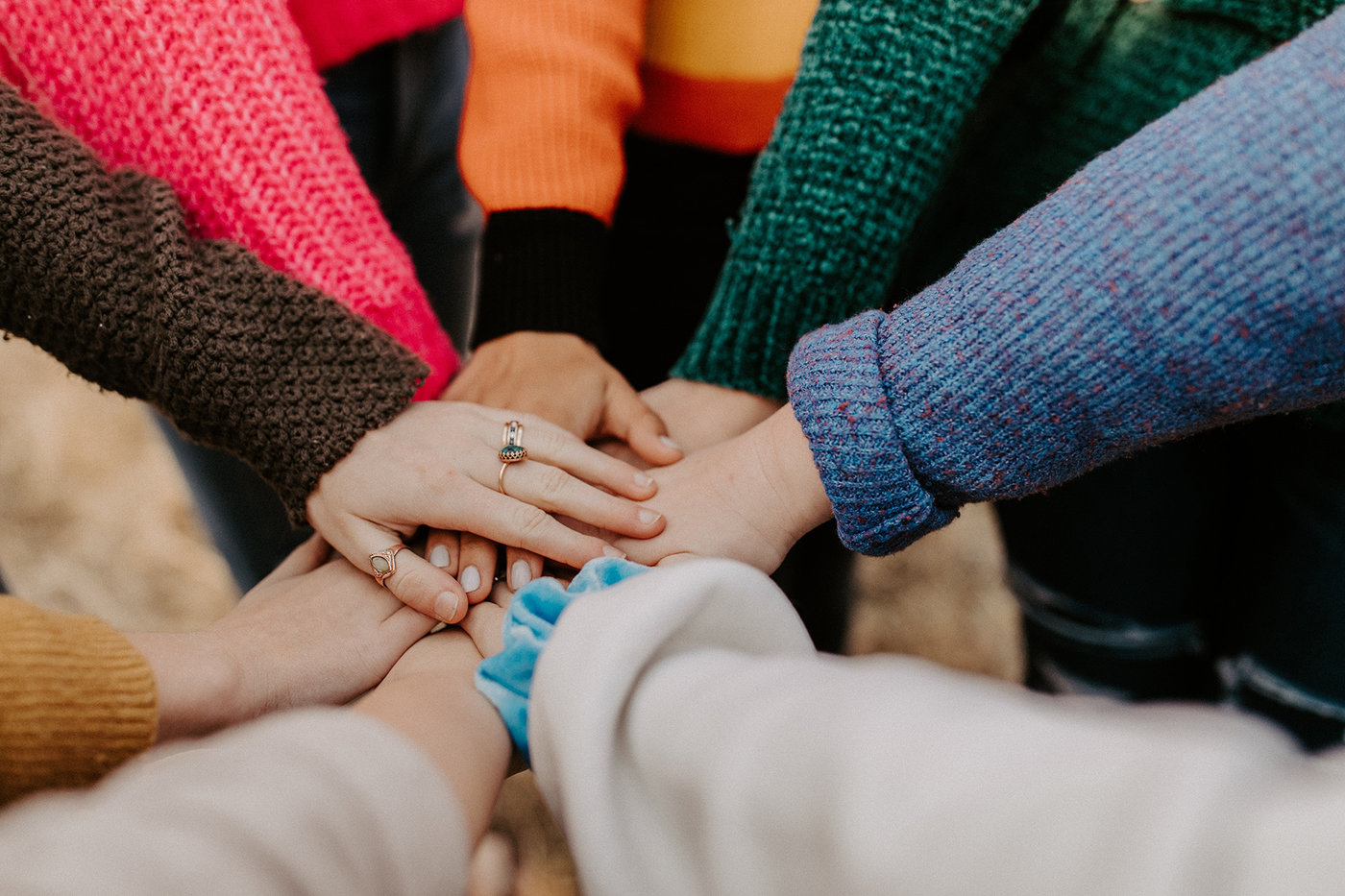Thurgau Culture Prize for Stefan Roth
This year, the Canton of Thurgau Culture Prize, endowed with 20,000 francs, goes to conductor Stefan Roth.

Stefan Roth is a leading figure in the Thurgau and Swiss brass music scene, writes the canton of Thurgau. As a conductor of various formations, he has had a decisive influence on this genre and stands for the highest quality and great joy in playing. He is characterized in particular "by his great musical diversity and his commitment to wind music, even outside the conductor's podium". As a conductor, he not only combines musical qualities, but is also able to inspire children and young people for brass music to a high degree.
Stefan Roth was born in Winterthur in 1980 and spent his youth in Aadorf. He now lives in Scherzingen. He decided to study trombone at the Zurich University of the Arts and successfully completed a Bachelor of Arts in Music with Jan Cober and Piet Joris at the Maastricht Conservatory in the Netherlands. After two years of master's studies, in 2012 he became the first Swiss to earn a Master of Arts in "Windband Conducting" with distinction at the Bern University of the Arts. In July 2016, he achieved second place at the International Conductor's Competition in Augsburg.







